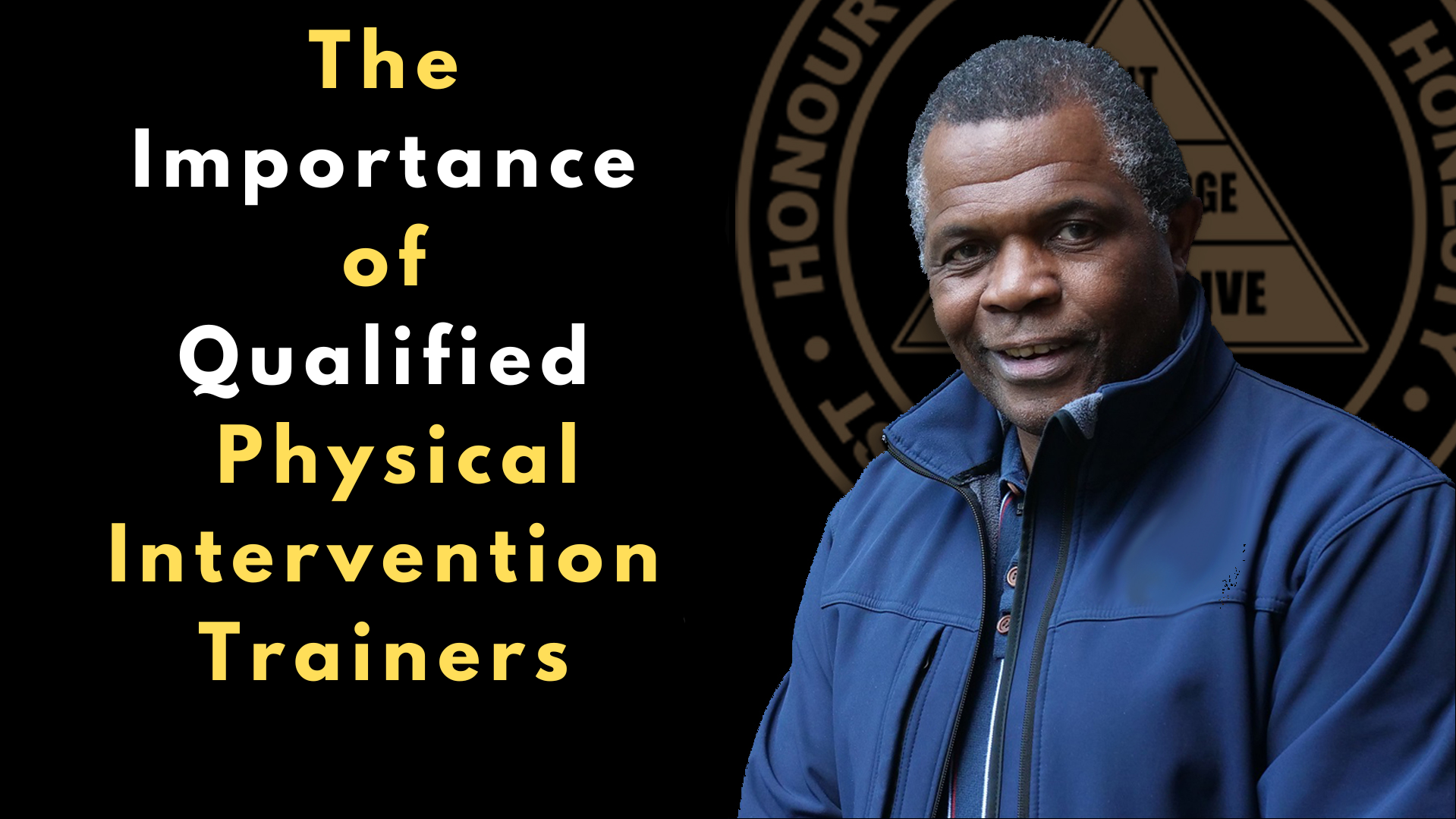Physical intervention trainers play a pivotal role in teaching individuals how to respond effectively and safely to challenging situations.
These trainers should possess recognised qualifications in conflict management, physical intervention, teaching, and assessment, all of which are essential for providing comprehensive and effective training.
Moreover, maintaining accreditation through annual refreshers and recertification is not just a professional commitment; it is a legal requirement.
This article will delve into why these qualifications are imperative, how trainers can inspire a thirst for knowledge in their learners, and the legal and regulatory framework supporting continuous professional development (CPD) for trainers.
The Significance of Recognised Qualifications
Conflict Management Trainer:
Conflict management is an integral part of physical intervention training.
Trainers with recognised qualifications in conflict management understand the psychology of conflict, communication techniques, and de-escalation strategies.
These skills are vital for diffusing potentially dangerous situations and minimising physical intervention.
Physical Intervention Trainer:
A qualified physical intervention trainer possesses expertise in the practical aspects of physical intervention.
They are proficient in techniques that ensure the safety of both parties involved.
Proper and accountable training minimises the risk of harm and liability.
Teaching Qualification:
Teaching is an art, and trainers must master it to effectively impart knowledge.
A teaching qualification ensures trainers employ effective pedagogical methods, catering to diverse learning styles, and creating an engaging and inclusive learning environment.
Assessor Award:
Assessing learners’ progress and competency is a critical aspect of training.
An assessor award equips trainers with the skills to evaluate and provide constructive feedback, helping learners improve their performance.
Legal Imperatives and Annual Recertification
From a legal perspective, the necessity of maintaining accreditation is paramount.
Annual refreshers and recertification ensure that trainers remain updated with the latest techniques, safety protocols, and legal regulations.
Failure to do so can lead to legal liabilities, compromising the safety of both trainers and trainees.
Trainers who stay current not only fulfil their legal obligations but also uphold ethical standards, demonstrating their commitment to providing the highest quality training possible.
In many countries, laws require that physical intervention trainers maintain their qualifications and certifications to continue offering their services.
Inspiring Lifelong Learning
Trainers are more than just instructors; they are catalysts for learning.
Experts in delivering training understand the power of motivation and inspiration.
When trainers employ effective teaching techniques, they spark curiosity in learners, prompting them to seek further knowledge through reading, research, or additional training.
These trainers create a dynamic learning environment where learners feel encouraged to explore beyond the immediate training sessions.
They share real-world experiences, case studies, and resources, fostering a culture of continuous learning among their trainees.
Legal and Regulatory Framework for CPD
Various laws, regulatory bodies, and codes of practice emphasise the importance of trainers maintaining competence through CPD:
Employment Law: Many employment laws mandate that trainers possess updated qualifications, ensuring the safety of employees and clients.
Regulatory Bodies: Organisations like the Health and Safety Executive (HSE) in the UK provide guidelines and regulations for trainers involved in physical intervention and conflict management. These guidelines often require trainers to undergo regular refreshers and recertification.
Industry Codes of Practice: Many sectors, such as healthcare and security, have industry-specific codes of practice that demand trainers stay current with best practices.
Liability and Duty of Care: Trainers have a legal duty of care towards their trainees. Failing to maintain competence through CPD can lead to legal ramifications in the event of an accident or injury during training.
Conclusion
Physical intervention trainers are instrumental in imparting essential skills for handling challenging, aggressive or violent situations safely and effectively.
Recognised qualifications in conflict management, physical intervention, teaching, and assessment is fundamental to the success of trainers.
Furthermore, the legal requirements and regulatory framework mandating annual refreshers and recertification underscore the importance of continuous professional development.
Trainers who excel in their role not only comply with the law but also inspire a passion for learning in their students.
They nurture a culture of lifelong learning that extends far beyond the training room, making them invaluable assets in any field where physical intervention and conflict management training is essential.
Upholding competence through CPD is not just a legal obligation; it is a commitment to the safety and well-being of all involved.
Learn more about our BTEC Level 3 Self Defence Trainer Award course which is taking place during 30th September and 1st October, or
Learn more about our BTEC Level 3 Physical Restraint Trainer Award course which is taking place during 18th to 22nd March 2024.
Contact us for help, advice or support

